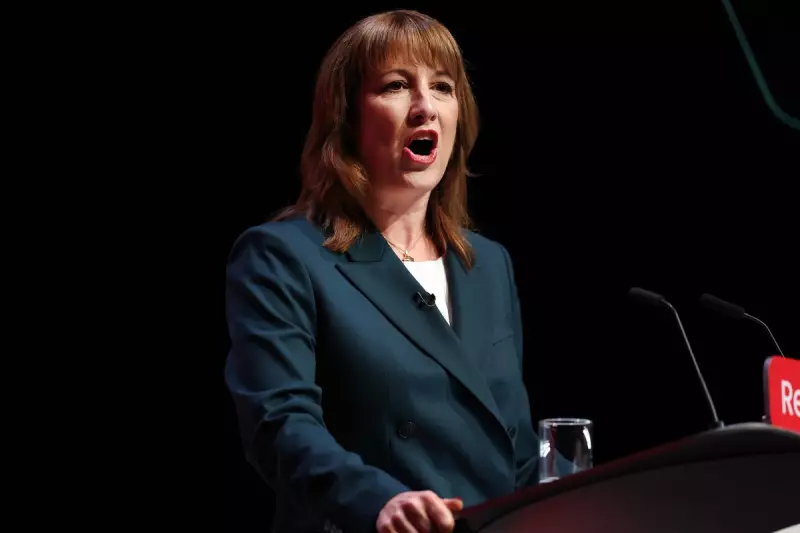
In a dramatic departure from previous party rhetoric, Chancellor Rachel Reeves has confirmed the Labour government will maintain the controversial two-child benefit cap, dashing hopes of an immediate removal in her first major budget announcement.
The Policy That Divides Westminster
The two-child limit, introduced by David Cameron's Conservative government in 2017, restricts child tax credit and Universal Credit to the first two children in a family. Despite Labour's historical criticism of the measure as "heinous" and "absolutely keeping children in poverty," the new Chancellor has declared the policy will remain in place for the foreseeable future.
Reeves defended the decision during a BBC interview, stating: "We have inherited the worst set of circumstances since the Second World War. I'm not going to be able to scrap all the policies that the previous government had. We do want to scrap the two-child limit, but we've not yet been able to work up a plan to do that."
Immediate Backlash and Political Fallout
The announcement has triggered swift condemnation from across the political spectrum and anti-poverty organisations. The Child Poverty Action Group revealed staggering statistics showing the policy currently affects 1.6 million children across Britain, with 400,000 families pushed into deeper poverty.
Even within Labour's own ranks, discontent is brewing. Several Labour MPs have openly criticised the decision, arguing it contradicts the party's core values and election promises to address child poverty.
What This Means for British Families
- Approximately £3,235 per year lost for affected families for each additional child beyond the second
- Disproportionate impact on larger families and those with unexpected circumstances
- Continuing financial pressure during ongoing cost-of-living challenges
- Limited support for families facing changing circumstances
A Political Tightrope Walk
The Chancellor's decision reflects the difficult balancing act facing the new government between fiscal responsibility and social welfare commitments. While acknowledging the policy's unpopularity within her party, Reeves emphasised the need for "tough choices" given the country's economic inheritance.
This development marks one of the first major tests for Labour's commitment to its manifesto pledges and sets the tone for how the party will navigate the challenging economic landscape ahead.






